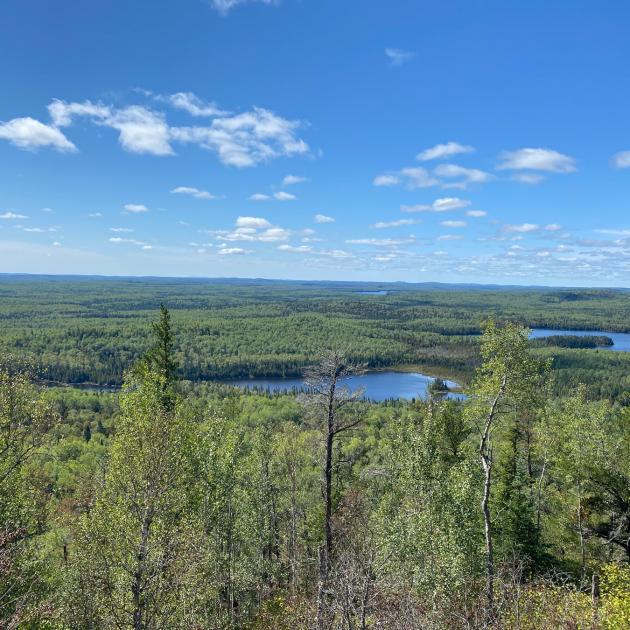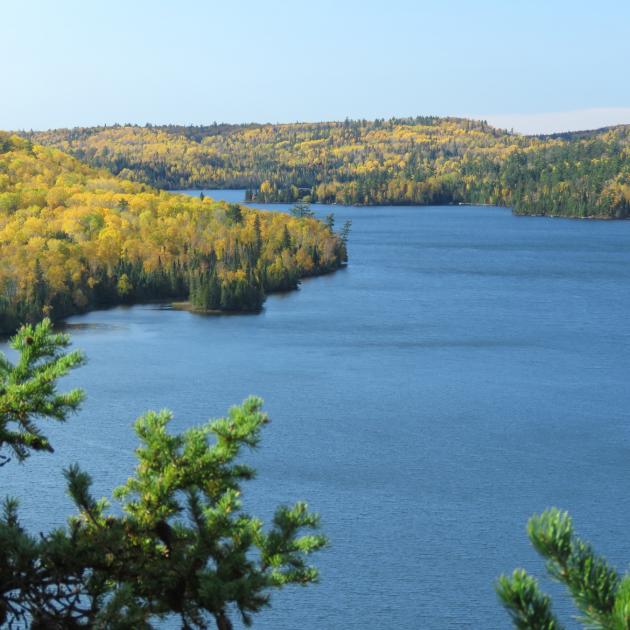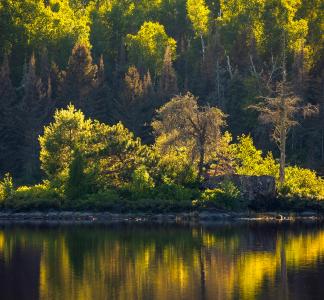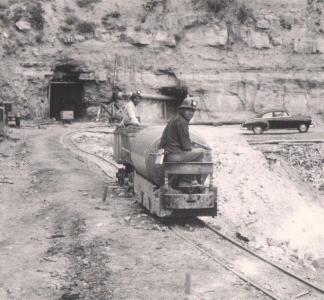Mine near Boundary Waters would pose “disproportionate” danger to Native American and low-income communities
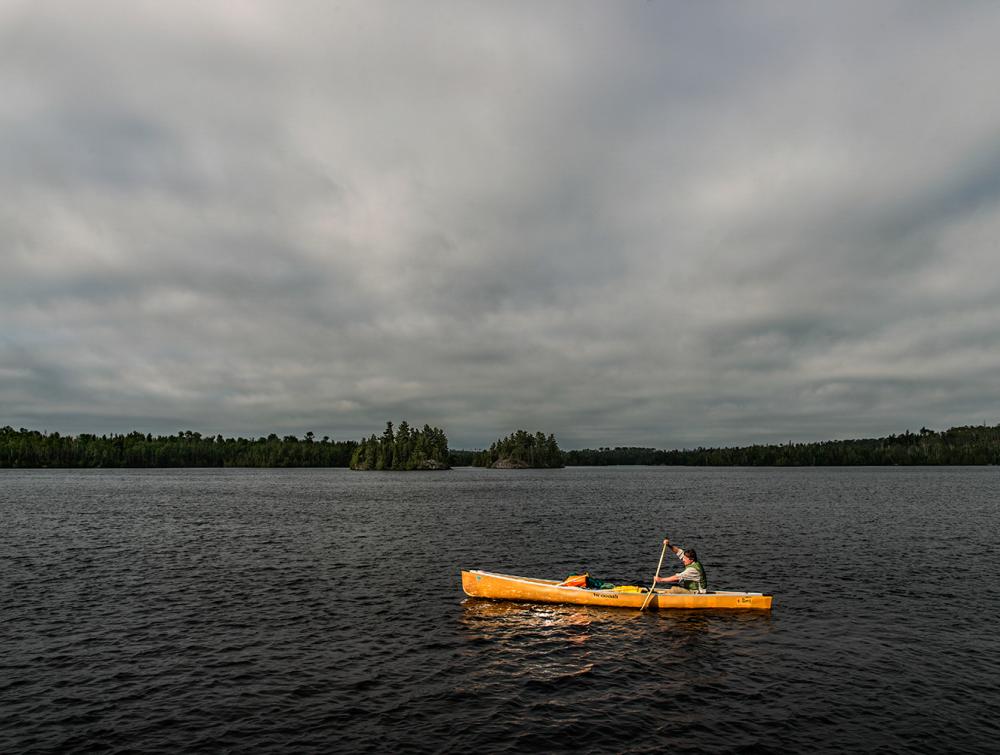
Tourism in the Boundary Waters region generates over 17,000 local jobs.
Greg Owens
Forest Service report: sulfide-ore mining in area unsafe
You’ve probably heard this colorful phrase before: “[poop] rolls downhill.” If so, allow the U.S. Forest Service to introduce a similar, if more urgent, corollary: “toxic mine waste flows downstream.”
A recent environmental review by the agency confirms it. Specifically, they say that's the problem with sulfide-ore mining in the watershed of the Boundary Waters Canoe Area Wilderness, in Minnesota’s Superior National Forest. Findings show acid mine drainage from that proposed development would permanently taint the area, the only large temperate lake-land wilderness in the National Wilderness Preservation System, and cause “disproportionate adverse risk to Native American and low-income communities.”
These communities would face high risks “indefinitely,” the report says, because they rely on harvesting wild rice and gathering fish and fowl from the region. Pollution from mining would reduce the amount of food available and could lead to food contamination from mercury and other toxic metals.
Indigenous leaders and scientists have been warning about these dangers for years. The Forest Service analysis agrees with them, and is yet another piece of evidence that mining cannot be allowed near the Boundary Waters.
Adding to those concerns, the industry has a poor safety record. Waste-reservoir leaks and other accidents are all but inevitable, making mining risky “no matter how it is conducted,” in the Forest Service’s words. Such failures could become likelier over time, increasing threats to water quality and public health.
Biden admin considering 20-year mineral withdrawal
The new findings have been eagerly awaited. Hundreds of thousands of people, including more than 10,000 Wilderness Society supporters, told the Biden administration this spring to review the potential environmental effects of mining. This report is the result. Now the public has until July 28 to submit comments on it.
We’re asking the Forest Service to issue a 20-year ban on mining in the Boundary Waters’ Rainy River Watershed, which is the ancestral home of the Ojibwe people and a landscape rich with wildlife habitat and cherished outdoor recreation areas. This action is a crucial step needed to block the mine threat in the short term as we work with lawmakers to permanently protect the area.
The science is clear: Sulfide-ore mining next to Boundary Waters-Canoe Area Wilderness poses an unacceptable risk to local communities, wildlife and the environment. We must do everything possible to defend against it.
